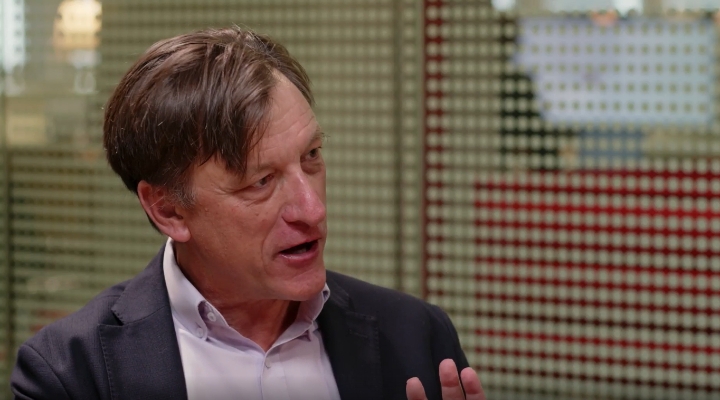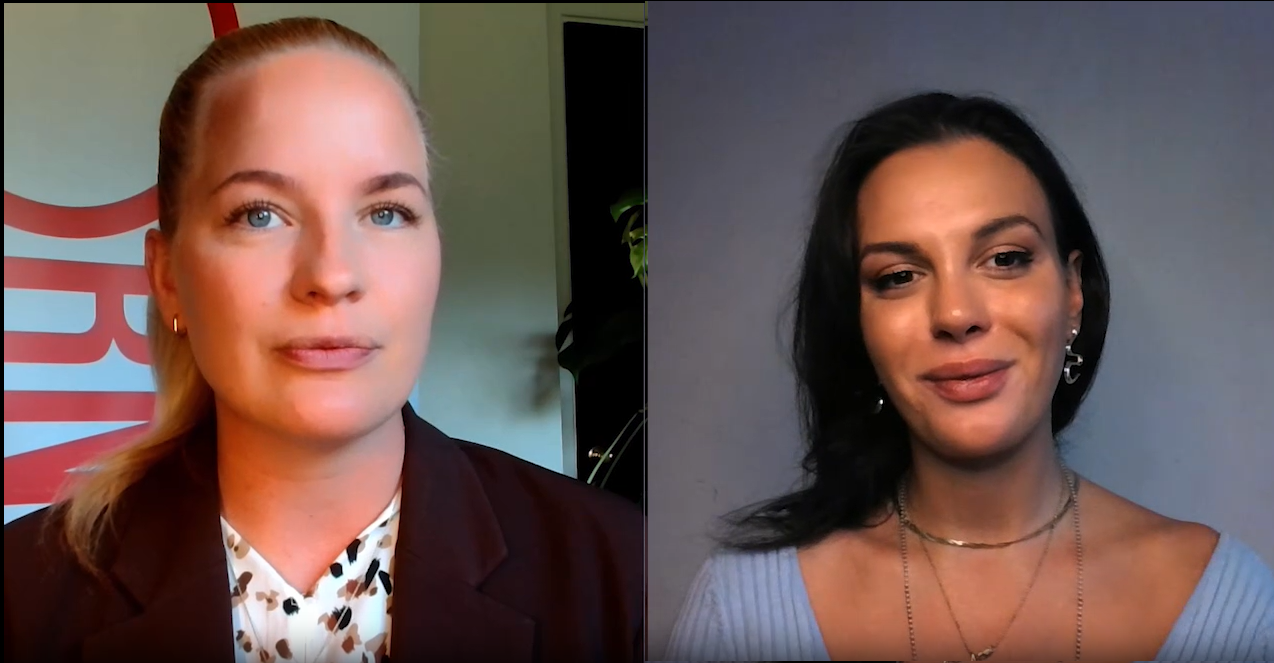This article is part of Morningstar's Guide to Retirement Saving. All this week we are arming you with the tools you need to boost your pension pot and secure the best possible income in retirement.
Emma Wall: Hello, and welcome to the Morningstar Series 'Future Proof'. I am Emma Wall and here with me today is Annabel Duncan from JPMorgan. Hello, Annabel.
Annabel Duncan: Hi, good morning.
Wall: So here we are. We are in a post-pension freedoms age now, post April 6. What happens now?
Duncan: I think it's going to be a very interesting 12 months indeed, 24, 36 months going forward. The challenge is going to be thinking about a solution for the majority of people, because I think it's going to change and I think there are going to be a lot of people doing a lot of different things.
From our perspective, over the next 12 months, we expect a lot of people to take cash; and I think recent figures and early indications are that a lot of people have taken cash. We knew that people had already stopped buying annuities in the volume that they've been buying them before and we would expect that to continue going forward. I think there will be an increase in drawdown as well, but that's something that's really going to be a slow burn.
Wall: I think investors may not think about the challenge these changes put on the investment industry. For them, hearing the freedoms announced in Budget 2014 and indeed Budget 2015, you just think; “Fantastic. I can get my hands on the cash that I have been building up over the last 30, 40 years and it will be mine to do what I want to with” but, for the investment industry, it's been a total game changer because previously if you're running pension money, you only had one option, one sort of departure date in which most people would be buying an annuity. So you matched assets for that purpose, that's no longer the case, however, is it?
Duncan: No, it's absolutely not. As you say, it's a complete game changer for the industry. I think the challenge is being able to build investment solutions that are going to meet the majorities' needs; and at this point in time, there is a lot of speculation about what people are going to do rather than being able to build solutions on what we know they are actually doing right now. I think that from an investor's perspective, I think the important thing is making sure that people don’t rate the piggybank immediately just because they've hit 55 and trying to think about how long that money is going to last them that's going to be paramount. It's going to be a real challenge for them.
Wall: So what do we think is going to become the new norm? I know you said it's difficult to make predictions. Annuity was the old norm. What's going to be the new norm?
Duncan: I think there will be a mix. I think that's what will be the new norm. I think actually in years to come and it may take that long considering the bad press that there has been around annuities that in time they will come back into favor, because actually as a product they are a great solution, particularly for people who want certainty around the kind of income and stability of that.
I think we will see initially a lot of people taking cash and then I think it will start to become a mix of things. I think going forward, people will have a pot that they need for certainty, a pot for that kind of more ones and then for them extra expenditure that they want to make.
Wall: Because the pensions industry is becoming more complicated with this more choice, does that mean that pensions are going to become more expensive? Because if the pensions industry is going to have to cater for a myriad of different options, that means it's going to have to build some systems in into those funds in order to cater for those individuals.
Duncan: You are right. I mean, it's becoming more complicated. I think the reality though is that I wouldn't expect it to become more expensive. I think that general direction in terms of trends, in terms of pricing is only going downwards. And I would imagine the charge cap that we've seen in the accumulation phase, say when people are actually saving their money would – it's very likely that that would similarly happen for when people are in retirement and they are sort of starting to spend their money.
I think that the challenge though is that we don't end up in a position where the actual quality of the investment becomes compromised. So that's the trick, it's ensuring that we've still got investments that are diverse enough and sophisticated enough and broad enough that members aren't getting hindered by just having to pick whatever is cheapest.
Wall: Annabel, thank you very much.
Duncan: Thank you very much.
Wall: This is Emma Wall for Morningstar. Thank you for watching.




























